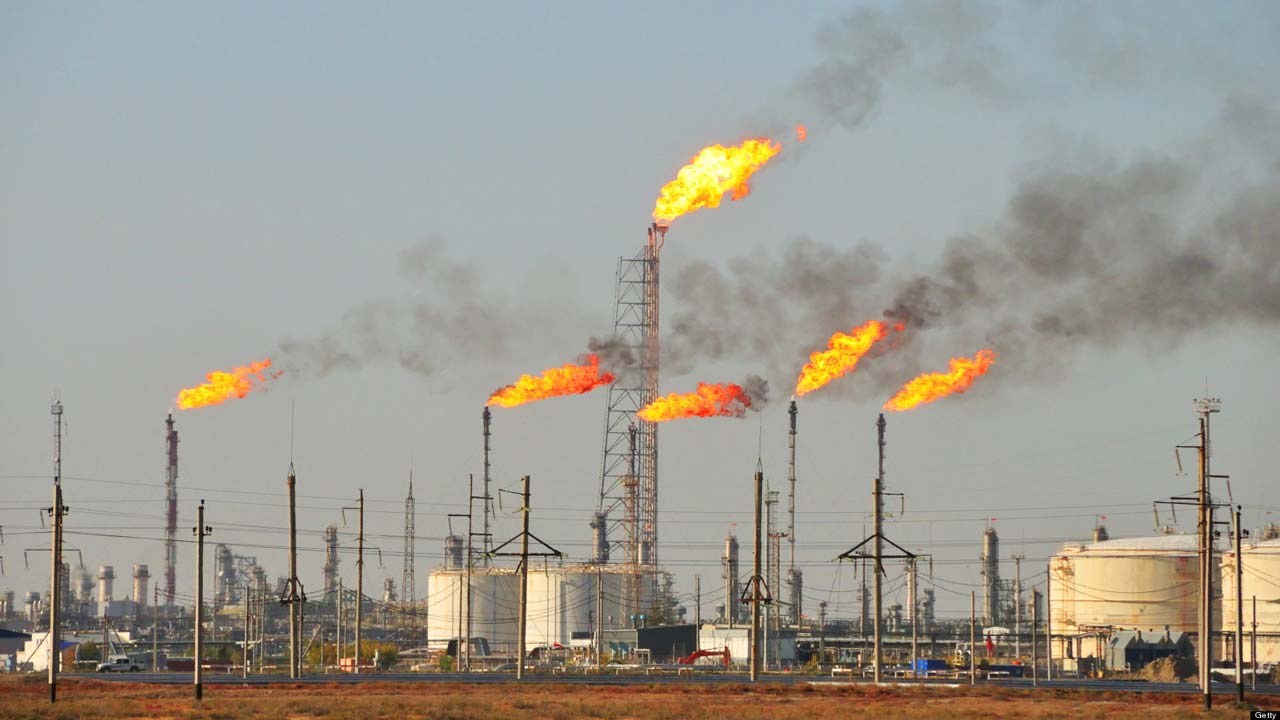Stakeholders in oil and gas sector observe that gas-to-power issues are cardinal to the diversification of power distribution networks in the country.
According to them, there ought to be sufficient values for the electricity generating companies (Gencos), Distribution Company (Disco) and gas suppliers for a dynamic oil and gas sector.
In efforts at solving some challenges that inhibit progress in the sector, stakeholders organise a roundtable recently at University of Ibadan where they suggested ways for improvement.
During a discourse at the Centre for Petroleum, Energy, Economics and Law,University of Ibadan, discussants observed that some of the challenges in the sector included the liquidity crisis.
The stakeholders insisted that indigenous oil and gas operators had the capacity to develop gas for domestic consumption as well as to solve the country’s perennial power outages.
Mr Dada Thomas, Managing Director of Frontier Oil Ltd, said that government and all stakeholders should note that gas remained the future for rescuing Nigeria from the perennial power crisis.
He, however, explained that his company had successful developed the Uquo marginal gas field to demonstrate its capacity and commitment to developing gas for domestic consumption.
“The government is fundamental and we are asking the government to address this matter with innovative and creative solutions; but the objective must be to pay gas invoices as and when due,’’ he suggested.
Thomas also said that issues of non-remittance of money in the oil and gas industry to gas supplying companies should be urgently addressed.
“In that regard, the immediate thing to be done is to try and fix the gas to power in Nigeria and solve the liquidity of the power sector because non-remittance of money is killing many gas companies.
“It is not fair to supply gas to generate income and not to be paid for two to three years; the issue of liquidity of the power sector is crippling the gas sector,’’ he explained.
Thomas said that although the Federal Government instituted an intervention fund — Payment Assurance Guaranty — put at N701 billion to be used between January 2017 and December 2018 to pay some of the invoices of the gas supplying and the generating companies, the money had not been paid in full.
“What is worrying is that, what will happen in January 2019? Where is the assurance that the invoices for gas supplied to the power generating companies will be paid? There is nothing that suggests that,’’ Thomas said.
Beside this, Mr Fisayo Delano, a former staff of Shell Petroleum Development Company Ltd., said that the electricity tariff should be cost reflective to cater for the entire value chain, gas supply, enhanced power generation and power supply for industry across the country.
“Nigerian Electricity Regulatory Commission(NERC) is to manage the tariff and ensure that it is cost and market reflective.
“There may be some political and social push-back, but marketing should be pragmatic to educate the masses and the customers that it is in their interest to provide commensurate tariff.
“The cost electricity cost is relatively lower compared to when you are generating power through diesel or petrol engines.
“It will be ultimately cheaper for you to allow those tariff levies to be appropriated so there will be increased generation of electricity,’’ he said.
In his view, Professor of Energy Economics Adeola Adenikinju said that the roundtable was to bring together Nigerian international experts in the field of environmental and energy studies to proffer solution to some of the challenges in the sector.
He urged Nigerian academics to do “solution-oriented research’’ by using a “citizen science’’ approach wherein the targeted end users would be the drivers of the research process and not the researchers themselves.
Similarly, Prof. Akin Iwayemi, one of the discussants said “it is important that we have research into the micro and macro issues in our energy sector.
“There has been much talk from the country’s energy institutions, but very little action’’.
However, Prof. Abubakar Sambo, Chairman of the Nigeria National Committee of the World Energy Council, observed that at the time of inauguration of President Muhammadu Buhari, the available electrical power in Nigeria was about 2,500 megawatts.
He observed further that in less than six months; it had almost doubled, noting that the Federal Ministry of Power, Works and Housing, attributed the feat to enhanced supply of gas to gas power plants.
According to him, the energy mix for electricity supply will need to be broadened from the current hydro and gas sources to solar, wind, biomass/biofuels, coal and nuclear.
For more efficiency, he noted that Nigeria required a detailed assessment of the recent privatisation of the nation’s electricity generation and distribution infrastructure.
“Government should as a matter of urgency embrace the current trend where many developing and emerging economies are vigorously promoting renewable energy efforts through direct policy initiatives and incentives,’’ he advised.
Stakeholders at the event, therefore, note that with increase capacity and efficiency of gas-fired power generation and strengthened institutional capacity, the nation’s oil and gas sector will develop for efficient power supply.(NANFeatures)



Leave a Reply